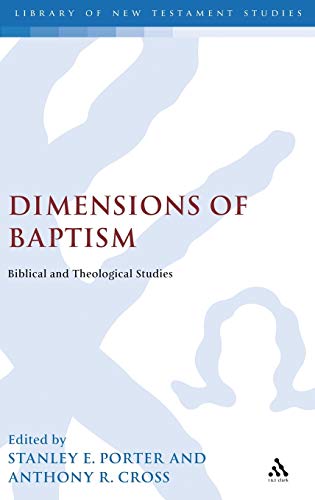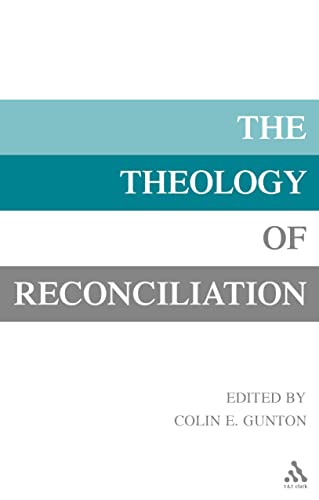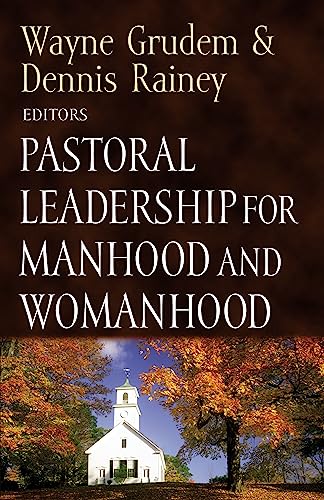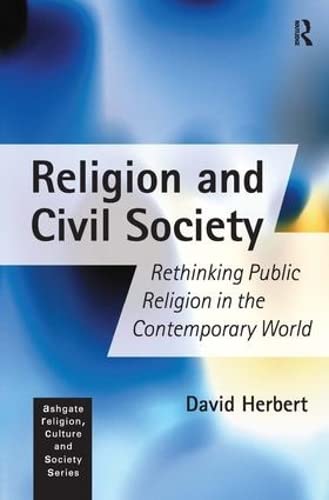THE HONOUR OF GOD AND HUMAN SALVATION: A CONTRIBUTION TO AN UNDERSTANDING OF CALVIN’S THEOLOGY ACCORDING TO HIS INSTITUTES
Written by Marijn de Kroon; trans. by John Vriend and Lyle D. Bierma Reviewed By Tony LaneThe Dutch original of this work first appeared in 1968 as the author’s doctoral dissertation and there was a second edition in 1996. Five years later it appeared in English for the first time. The author’s aim is to expound the teaching of the Institutes. He rightly rejects the nineteenth-century idea that Calvin’s theology can be seen as the systematic development of a single first principle. Instead he expounds the teaching of the Institutes, book by book, from the perspective of the ‘bipolarity’ between the divine and the human, between God’s honour and human salvation. The entire teaching of the Institutes is fitted into this framework—except for the doctrine of double predestination, on which topic de Kroon argues that Calvin has violated his own principle that human salvation serves the honour of God. Given that Calvin’s doctrine of reprobation coheres very well with his doctrine of providence (covered in Book I) one is led to wonder whether the problem is not that the doctrine violates de Kroon’s theological principles rather than Calvin’s.
The author is a Roman Catholic and declares that Calvin’s teaching is compatible with Roman Catholic teaching on free will (58–62), justification (98) and merit (115 f.). It is on the first point only that the case is (competently) argued. This is of secondary importance as the significance of these statements lies more in the author’s implied willingness to accept Calvin’s teaching at these points than on the accuracy of his claim that it is actually consistent with Roman Catholic dogma.
The original edition considered the whole of the Institutes, with one chapter being devoted to each of the four Books. So far as I can see, in the second edition no account has been taken in these chapters of Calvin scholarship since 1968. Instead a fifth chapter has been added, ‘with a view to bringing the book up to date’. This chapter focuses especially on two very different works: Dowey’s The Knowledge of God in Calvin’s Theology and Bouwsma’s John Calvin: A Sixteenth-Century Portrait. With the first of these we have not so much a ‘bringing up to date’ as the rectifying of an earlier omission, Dowey’s work predating the original 1968 edition. (There has been a more recent edition, but the basic thesis was set out in 1951.)
De Kroon cites Bouwsma’s comment that theologians and Calvin specialists have shown ‘at best marginal’ interest in the historical Calvin. It has to be said that the present book is highly vulnerable to this criticism—a criticism that Richard Muller has substantiated with reference to many recent works in the first chapter of his The Unaccommodated Calvin. De Kroon’s study is limited almost entirely to the Institutes, it being claimed that ‘in this compendium his entire theology, at least materially (and not always in a succinct form) can be found’ (xviii). Surprisingly, this claim was made not in 1968 but in the Introduction to the second edition. The source used is the nineteenth-century Opera Calvini, not the vastly superior critical edition of the twentieth-century Opera Selecta. Again, the Institutes are treated as a timeless systematic treatise, with only minimal reference to the sixteenth-century historical or theological context.
For a variety of reasons this is not where I would direct students wishing to understand Calvin’s theology, or even the theology of the Institutes in particular. For the latter, T. H. L. Parker’s Calvin: An Introduction to his Thought is to be preferred. But the Calvin scholar, already familiar with other books on his theology, may well derive stimulus and benefit from the particular perspectives of this volume.
Tony Lane
London School of Theology







